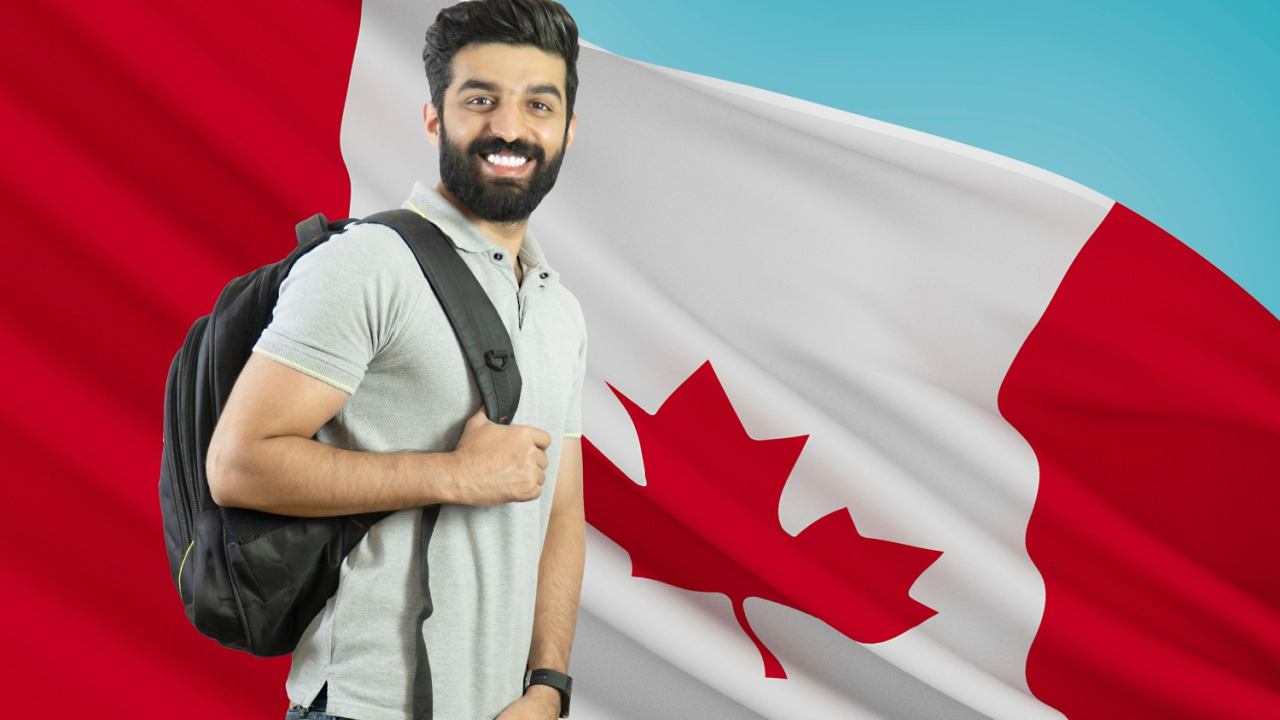Planning to study in Canada is an exciting step towards a global career, and for Indian students, it remains a top choice. With its world-class education, multicultural cities, and clear pathways to permanent residency, Canada offers a balanced and rewarding experience. But the first and most crucial step is choosing the right university.
This comprehensive guide is designed for Indian students aiming for the 2025 and 2026 intakes. We will explore the top-ranked universities, break down the costs in Indian Rupees, and provide the latest information on scholarships and post-study work opportunities.
Top Universities in Canada for Indian Students in 2026
For 2026, the QS World University Rankings show a dynamic landscape for Canadian higher education. These rankings are a great starting point, but it's important to look beyond just the numbers. Consider factors like program strengths, research opportunities, co-op programs, and location.
| University Name | QS World Ranking 2026 | Average Annual Tuition Fee (CAD) |
| McGill University | #27 | $32,000 - $65,000 (~₹20L - ₹40L) |
| University of Toronto | #29 | $60,000 - $70,000 (~₹37L - ₹43L) |
| University of British Columbia | #40 | $45,000 - $60,000 (~₹28L - ₹37L) |
| University of Alberta | #94 | $30,000 - $45,000 (~₹18.5L - ₹28L) |
| University of Waterloo | #119 | $48,000 - $70,000+ (~₹30L - ₹43L+) |
| Western University | #151 | $38,000 - $50,000 (~₹23.5L - ₹31L) |
| Université de Montréal | #168 | $28,000 - $35,000 (~₹17.5L - ₹22L) |
| McMaster University | #173 | $44,000 - $56,000 (~₹27L - ₹35L) |
| Queen's University | #191 | $45,000 - $62,000 (~₹28L - ₹38.5L) |
| University of Calgary | #211 | $25,000 - $35,000 (~₹15.5L - ₹22L) |
Note: The amount may vary depending on the courses & currency exchange rate.
Cost of Studying in Canada for Indian Students (2025-2026)
Understanding the financial commitment is crucial. Here is a breakdown of the expected costs, with approximate conversions to INR.
Tuition Fees:
- Undergraduate: CAD 20,000 - 40,000 per year (approx. ₹12 - 24 lakhs)
- Postgraduate (Master's): CAD 18,000 - 35,000 per year (approx. ₹11 - 21 lakhs)
- MBA: Can be higher, ranging from CAD 35,000 - 60,000+ per year (approx. ₹21 - 36 lakhs+)
Cost of Living and Proof of Funds: As of September 1, 2025, Immigration, Refugees and Citizenship Canada (IRCC) requires international students to show proof of CAD $22,895 (approx. ₹14 lakhs) for living expenses for the first year. This is in addition to your tuition fees. This amount is for your Guaranteed Investment Certificate (GIC) and is a mandatory part of the student visa application.
Navigating the Canadian Student Visa Process for Indians
The Canadian student visa, or study permit, application process is straightforward but requires careful preparation. Here are the key steps:
- Receive an Acceptance Letter: First, you must be accepted by a Designated Learning Institution (DLI).
- Pay Tuition and Get a GIC: Pay your first year's tuition and purchase a GIC of CAD 22,895 from a participating bank.
- Gather Documents: Prepare your passport, academic transcripts, language test scores (IELTS/PTE), and a Statement of Purpose (SOP).
- Apply Online: Submit your application through the IRCC portal and pay the application fee (CAD 150) and biometrics fee (CAD 85).
- Biometrics: Give your fingerprints and photo at a Visa Application Centre (VAC) in India.
- Medical Examination: You may need to undergo a medical exam by an IRCC-approved panel physician.
The Student Direct Stream (SDS) is an expedited study permit processing program available to students from India, which can significantly speed up the application process.
Scholarships for Indian Students in Canada
Financing your education through scholarships is a smart way to reduce your financial burden. Many universities offer entrance scholarships based on academic merit, and there are several government and private scholarships available:
- Vanier Canada Graduate Scholarships: CAD 50,000 per year for doctoral students.
- Ontario Trillium Scholarship: CAD 40,000 per year for PhD students in Ontario.
- University-specific awards: Most universities offer scholarships ranging from CAD 2,000 to CAD 20,000. Be sure to check the financial aid page of your target universities.
Life After Graduation: The Post-Graduate Work Permit (PGWP)
One of Canada's biggest attractions is the opportunity to work after graduation. The Post-Graduate Work Permit (PGWP) allows students who have graduated from an eligible DLI to obtain an open work permit.
- Duration: The length of the PGWP depends on the length of your study program, up to a maximum of three years. A two-year Master's degree, for example, typically makes you eligible for a three-year PGWP.
- Eligibility: To be eligible, you must have completed a program of at least eight months, maintained full-time student status, and applied within 180 days of receiving your final marks.
The work experience gained on a PGWP is invaluable and is a key step towards applying for permanent residency in Canada.
Conclusion: Making the Right Choice for Your Future
Choosing a university is a major life decision. While rankings provide a good overview, the best university for you will depend on your personal and academic goals. By considering the program, cost, location, and post-study opportunities, Indian students can find the perfect fit in Canada's welcoming and high-quality education system. As you plan for 2026, use this guide to make an informed decision and take the first step towards a successful global career.









